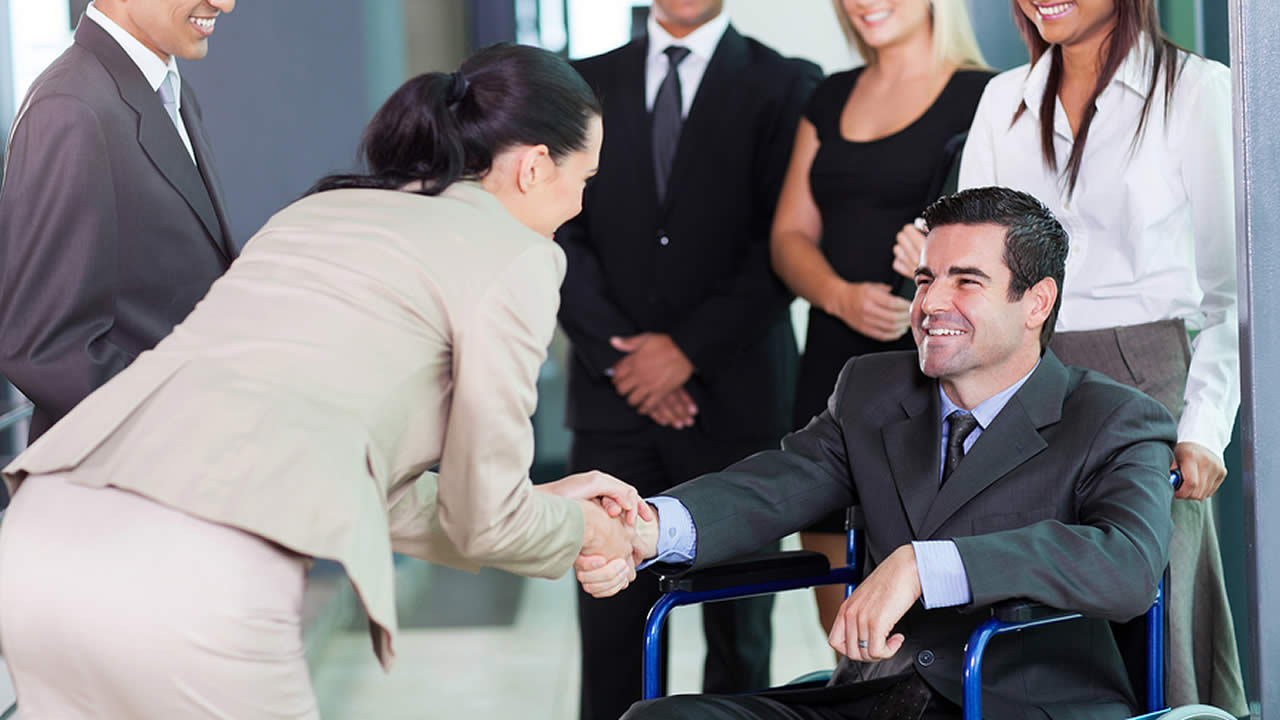
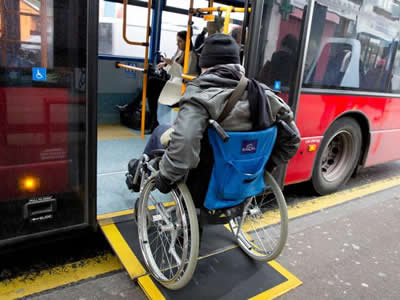 The International Day of Persons with Disabilities will be observed this 3rd December in Mauritius and around the world. This year’s theme focuses on empowering persons with disabilities for an inclusive, equitable and sustainable development. News on Sunday talks to stakeholders to know how far is empowerment and inclusiveness of persons with disabilities a reality in our society.
The International Day of Persons with Disabilities will be observed this 3rd December in Mauritius and around the world. This year’s theme focuses on empowering persons with disabilities for an inclusive, equitable and sustainable development. News on Sunday talks to stakeholders to know how far is empowerment and inclusiveness of persons with disabilities a reality in our society.
According to the World Health Organisation (WHO), “at least 10% of the world's population, or 650 million people, live with a disability.” However, these millions of people face many barriers when it comes to inclusion and equality in society. Indeed, people with disabilities do not enjoy the same access to facilities and living conditions like other citizens. They cannot fully take part in the development of their society, as they face many obstacles when it comes to education, employment, transportation, mobility and access in public areas, among others.
At least 10% of the world’s population, or 650 million people, live with a disability
According to the last Census 2011-Disability Analytical Report, almost 1 in 20 persons in Mauritius has a disability, that is, some 59,870 disabled persons. The report states that among the 8,435 employed disabled persons, 70% were men and 30% women. Where access to education is concerned, the report indicates that more disabled persons now receive an education and that the level of economic activity of the disabled population improved from 12.5% in 2000 to 16.7% in 2011. However, the report also states that unemployment level among the disabled population is higher than that of the overall population, 9.3% against 7.5%.
In Mauritius, several legislations apply to person with disability namely the Disability Act, the Equal Opportunities Act and the National Pensions Act. For example, the Disability Act prohibits an employer to discriminate against a Person with Disabilities, especially with regard to the advertisement, the recruitment process, determination of wages or leaves or other benefits. The Act provides for the prevention of discrimination against People with Disabilities in addition to the education of disabled persons, among others.
However, is empowerment and inclusiveness of disabled people a reality in our Mauritian society? Are people with disabilities truly not discriminated when it comes to use of modes of transportation, use of roads, access to public buildings, access to benefits such as pensions, promote and provide education, prevention and early detection of occurrence of disability, among others? Many stakeholders argued that there is an acute shortage of facilities for disabled people in Mauritius. News on Sunday provides an insight on the issue.
Ali Jookhun : “Policy design does not always take into account the needs of people with disabilities”
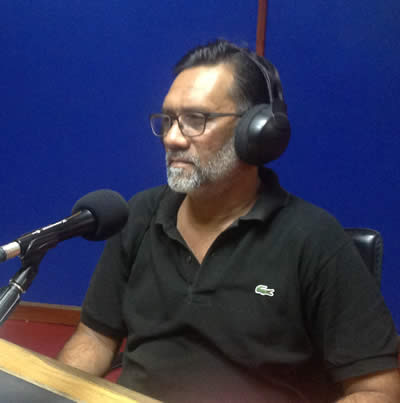 The Disability Rights & Awareness Campaigner trusts that the empowerment and inclusion of disabled people in all spheres of our society is significant. Ali Jokhun underlines that the UNCRPD articulates the principles of Equality & Non Discrimination in the Rights of all persons with disabilities.
The Disability Rights & Awareness Campaigner trusts that the empowerment and inclusion of disabled people in all spheres of our society is significant. Ali Jokhun underlines that the UNCRPD articulates the principles of Equality & Non Discrimination in the Rights of all persons with disabilities.
“The implementation of the UNCRPD requires simultaneous action, removal of barriers and promotion of accessible environment of PWD. But unfortunately, treaties or words on paper do not guarantee actions. Under such circumstances, disability and development through the concepts of participation, empowerment and mainstreaming them into the society is essential. Because when a person gets to be empowered and/or mainstreamed, it creates more opportunities to participate and become an active member to the society,” he states.
The more the disability issues are mainstreamed into society, he explains, the more the society enables persons with disabilities to participate. “Once empowered, a person has the capacity to advocate for his/her rights. As a result, their well-being also tends to increase particularly in different fields such as education, employment, recreation and others,” explains the founder and Vice-President Down Syndrome Association.
Ali Jookhun trusts that there is no doubt that many persons with disabilities have talents and capabilities, but he argues that “the capacities of many persons with disabilities in many countries have been too frequently underestimated due to inadequate policies and standards. Policy design does not always take into account the needs of people with disabilities, or existing policies and standards are not enforced. Negative attitude is the common barriers towards people with disabilities.” He adds that disability is a case by case study depending on types of disabilities. “Each type of disability has its own needs. The more opportunities are created, the more successful will be people with disabilities.”
What measures should be taken and enforced in order to ensure a better empowerment and inclusiveness of people with disabilities? “Early identification of children with disabilities, early intervention and early inclusion, parent empowerment, removal of barriers and other resistance, coming with new legislations in consultations with committed stakeholders, updated with all assistive devices for different types of disabilities and networking among ministries,” utters Ali Jookhun.
He shares with us some success stories where empowerment and inclusiveness have had positive impact on the lives of people with disabilities. “I have witnessed many cases. There is the case of Soovan Sharma Dookhoo, who was born with a physical disability as a ‘sequelae’ to birth asphyxia, due to preterm delivery and delayed milestones associated with bronchial asthma and bilateral keratoconus. Despite bullying and harassment during his school years, he earned a Master’s degree in 2016. Being an MBA holder while pursuing professional qualification in marketing, Soovan acknowledged having gone through the traditional education system before regulations were promulgated. There is also the story of Veronique Morrison, born with Cerebral Palsy, who is an Account’s teacher and holds a valid driving License and Nazim, former police officer who became paraplegic after a road accident on duty is, today, self-employed and drives his own car.”
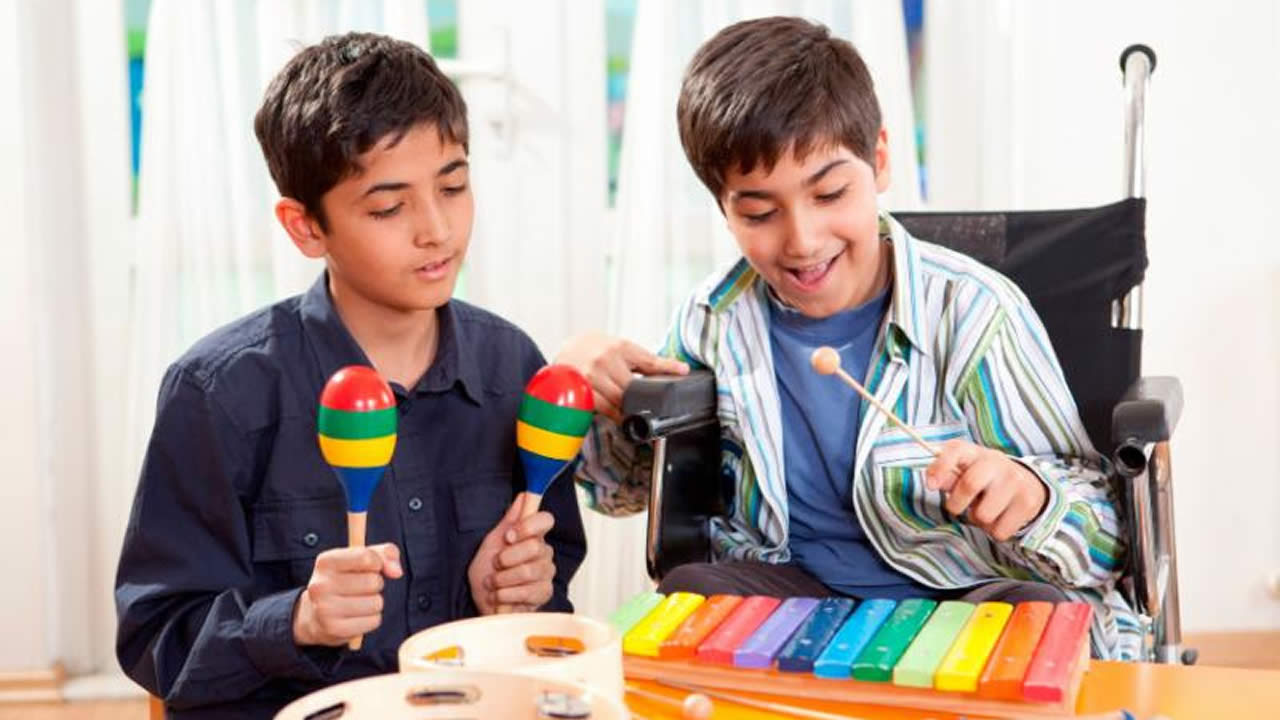
Geraldine Aliphon : “The setting up of an early detection and prevention of the occurrence of disability is crucial”
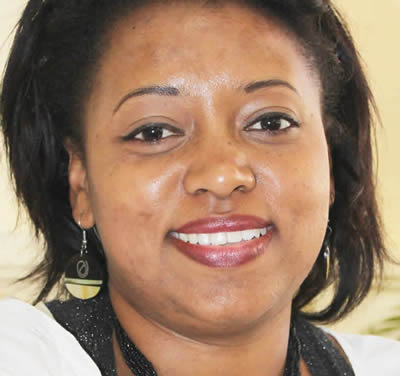 The Director of Autisme Maurice trusts that empowerment and inclusiveness starts first with children with disabilities. “We should not skip the steps. Empowerment and inclusiveness begin at school. Unfortunately in Mauritius, we do not see the complete integration and inclusiveness of children with various types of disabilities in our schools. It is certainly good that the Ministry of Education has made the effort by starting at primary level but there is more to be done, such as at secondary and tertiary level. Inclusiveness should not only be on paper.”
The Director of Autisme Maurice trusts that empowerment and inclusiveness starts first with children with disabilities. “We should not skip the steps. Empowerment and inclusiveness begin at school. Unfortunately in Mauritius, we do not see the complete integration and inclusiveness of children with various types of disabilities in our schools. It is certainly good that the Ministry of Education has made the effort by starting at primary level but there is more to be done, such as at secondary and tertiary level. Inclusiveness should not only be on paper.”
Geraldine Aliphon highlights that a change in the mindset is a must in our society. “We should start by educating our population and make people understand why we should include persons with disabilities in all spheres of our society. For example, disabled people are often victims of a discriminatory gaze. This is due to ignorance because they believe that these people do not have their place here. People are also afraid of the unknown. It is thus significant to sensitize our population that disabled people are as equal as we are and should enjoy equal rights.”
She adds that parents and teachers should also be sensitized. “It is extremely important for parents and teachers to be sensitized as they are principal actors in the upbringing of the youth of our society. If they themselves do not promote equality and equity between disabled and non disabled children, then our society will continue to categorize its citizens.”
Being a mother of a disabled child, Geraldine Aliphon emphasizes that inclusiveness in the classroom and in our education system will help children who have no disabilities to develop vital skills. “‘Normal’ children will also be empowered when our education includes children with disabilities, as they will learn and develop skills which are essential for them as individuals and also as citizens of the Republic. They develop a sense of solidarity, empathy, teamwork and team spirit and more. However, there is positive consciousness taking place through people like Jane Constance and our local athletes taking part in Paralympics games. People develop a different mindset and attitude when witessing these success stories. It also gives hopes to parents. They should not sit and wait for help but believe in their children’s potentials.”
Geraldine Aliphon underlines that it is crucial for the Government to come up with an early detection and prevention of the occurrence of disability in our health system. “The State and the Ministry of Health are lagging behind when it comes to the dossier of disabled people. They are investing millions in health issues like cancer, cardio vascular diseases, diabetes and others but not as much is dedicated to disabled people. The setting up of the detection and prevention cluster is crucial, as it will help in lowering the occurrence of disability at a very early stage of pregnancy as well as empowering these disabled children from a young age. Intellectual evaluation is also important.”
Danielle Wong : “Persons with disabilities are not consulted before promulgation of laws/policies”
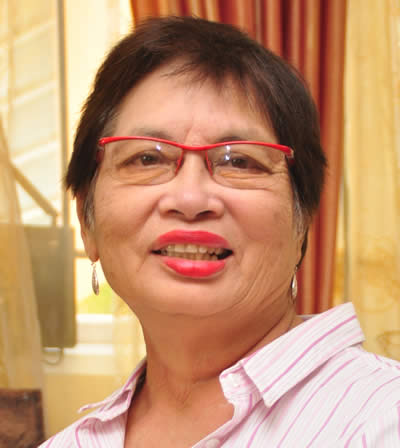 This year’s theme for the International Day of Persons with Disabilities is all about empowerment and inclusiveness. How and why is it important, according to you, to empower and include disabled people in all spheres of our society?
This year’s theme for the International Day of Persons with Disabilities is all about empowerment and inclusiveness. How and why is it important, according to you, to empower and include disabled people in all spheres of our society?
Mauritius has signed and ratified a Convention at the level of the United Nations in 2007 and 2010 respectively on the rights of Persons with Disabilities (PWDs). This convention is based on non-discrimination towards this category of citizens in Mauritius and once adopted by the State, all should be put in place for an inclusive society. This inclusion will be a reality when PWDs take an active part in the drafting of policies and Bills, which concern them and they have access to all services, information, transport and rights existing for persons without disabilities. We have to empower disabled persons because human resource is Mauritius’ main riches. We cannot let one fringe of the population away from the production of goods and wealth. We are creating a financially disadvantaged group.
Is empowerment and inclusiveness of people with disabilities a reality in Mauritius? What are the limitations and barriers we have in our society?
Unless our Constitution is amended following the signature of the UN Convention, empowerment and inclusiveness of people with disabilities will not yet be a reality. Most people see the disability of the person and not his/her abilities. PWDs are still viewed from a medical angle as disabilities and are considered as a sickness and not impairment.
The reality is we do not like PWDs; we challenge the conscience of many. There are both infrastructural and societal barriers.
Mauritius has a piece meal approach. The Disability Bill is long overdue. In 2016, the Disability Bill was announced in the budget 2016-2017 and we are still waiting for a glimpse of same.
Mauritius has a piece meal approach. The Disability Bill is long overdue. In 2016, the Disability Bill was announced in the budget 2016-2017 and we are still waiting for a glimpse of same."
As past chairperson of Training and Employment of Disabled Persons Board (TEDPB), I recommended it’s winding up. The obligation to employ PWDs is not respected. The reasons put forward are many and quite comprehensible: Unqualified persons experience difficulties to provide proper work environment for PWDs, lack of recruitment process. Most of the young disabled are not educated properly and are taken in charge by NGOs who are mostly dependent on donations for the day to day running of the institutions.
I recommended the UK model - the Social Act 2012 i.e. the introduction of the public sector procurement legislation that demands social value by winning bidders up to 20% of contract value. Within the social value, employment of disabled will be on the list and thereby working towards an inclusive society.
Persons with Disabilities are not consulted before promulgation of laws/policies. All is decided by the bureaucracy of the different ministries. The latest being the promulgation of the SENA Bill done without proper consultation with those concerned with the education of children with disabilities. It should be an Inclusive Needs Bill, not special needs which will segregate more than integrate.
Moreover, policies are defined for disabled persons by able bodied persons. The non-disabled persons are not aware of the societal barriers existing in Mauritius that inhibit the progression of persons with disabilities because firstly they do not have a clue whether aspects of society can be barriers and they are not aware of how these barriers really affect the life of a disabled person.
For example, an abled person will easily access a non-adjustable couch during a medical check-up and will not realize the effort needed for a physically disabled person to access same or even climbed on one. It takes only a disabled person to know about barriers because of his daily experience.
an abled person will easily access a non-adjustable couch during a medical check-up and will not realize the effort needed for a physically disabled person to access same or even climbed on one. It takes only a disabled person to know about barriers because of his daily experience."
You have surely witnessed and experienced positive empowerment and inclusiveness of people with disability in our society. How have these positive changes impacted the lives of these people with disabilities?
Few PWDs have been included in our society based on the determination of their parents and the persons themselves. But they still have to fight for their rights everyday due to inaccessibility. Being independent and recognized for their abilities definitely boost the confidence of PWDs.
The changes are carried out by individuals and NGOs. There is not a long term strategy plan to deal with issues pertaining to the disability field. There is no (projet de société). The individuals, the NGOs, the Government are working their separate ways. An inclusive educational system requires and creates efforts, synergy between the stakeholders.
According to you, what are the main measures that should be taken and enforced in order to ensure a better empowerment and inclusiveness of people with disabilities?
The long awaited Disability Bill should be done in consultation with PWDs. ‘Nothing about us without us’ - as our motto Voice of DPI. Amendment to the Constitution of Mauritius is the surest and best guarantee for the recognition and implementation of the rights of PWDs.
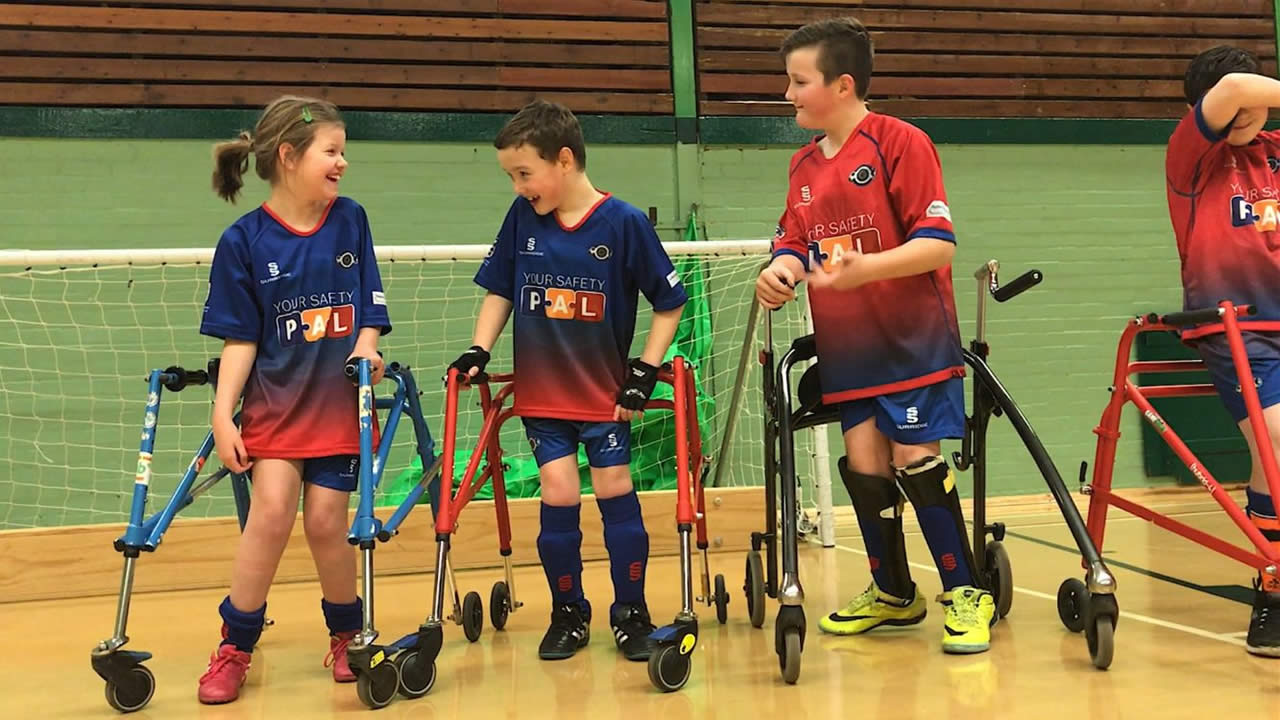
 J'aime
J'aime













